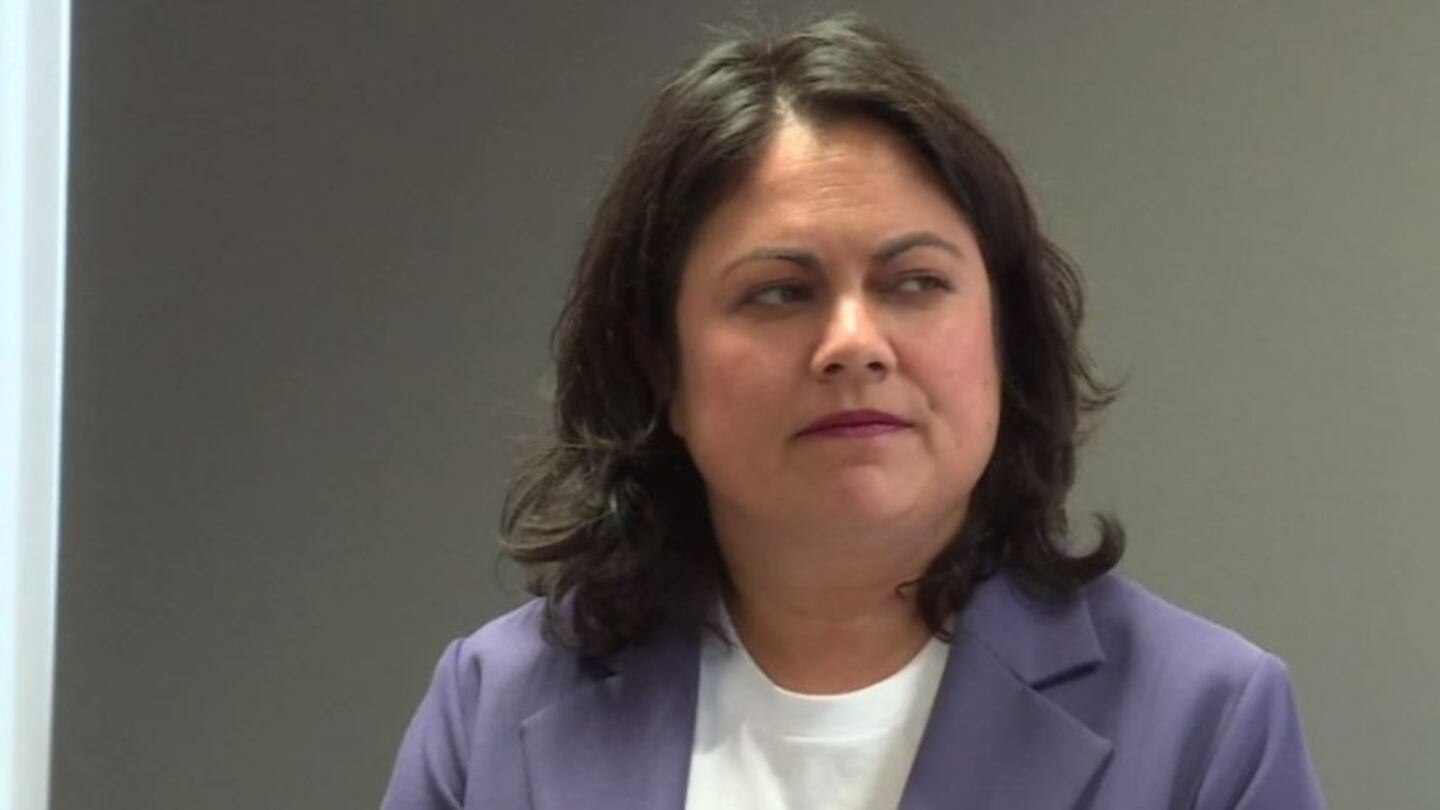Associate Health Minister (Women’s Health) Dr Ayesha Verrall. Photo / File
More wāhine Māori lives will be saved as the result of a better cervical screening test and a major upgrade of the breast cancer screening system, health ministers have said at a budget 2021 announcement at Kōkiri Marae in Lower Hutt on Sunday.
Cervical screening
A new at-home test for cervical cancer is to replace the current smear test, which Associate Health Minister (Women’s Health) Dr Ayesha Verrall said only 61 percent of eligible wāhine Māori are accessing.
“The new test, which will replace the current smear test for the 1.4 million eligible women aged 25-69 years old, is a simple and quick swab that women can choose to do themselves. This will help to reduce the barriers to getting screened," she said.
“Clinical modelling predicts the move to HPV screening will prevent about 400 additional cervical cancers over 17 years and will save around 138 additional lives. Around a third of the cases prevented and lives saved will be wāhine Māori."
The new test is to be available within two years, however, Dr Verrall said it is important that women who are due for screening continue to follow the existing process rather than waiting for the new test.
Breast cancer screening
The national breast screening programme, BreastScreen Aotearoa (BSA), provides free mammography screening every two years to women aged 45 to 69 who have no symptoms of breast cancer.
Dr Verrall said the existing system operates as an ‘opt-in’ model and relies on women knowing they are eligible for free breast screening and making an appointment themselves.
She said the government will invest in new technology that will enable the programme to reach the 271,000 women who are eligible to access breast screening but are not currently being screened, by being able to directly invite them and run targeted campaigns. When women are offered an appointment, they can choose to participate or ask to opt-out.
“With more Māori and Pacific women dying from breast cancer compared with non-Māori and non-Pacific women, the new system will allow BSA to identify priority group women who may not already be part of the programme," she said.



